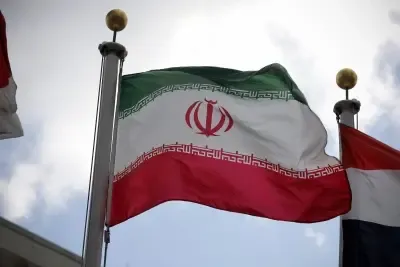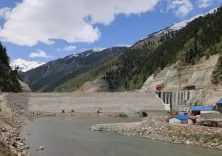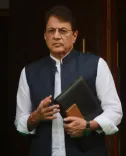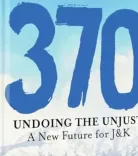Is Iran's Agreement with IAEA Fully Approved by Its Security Council?

Synopsis
Key Takeaways
- The SNSC confirms cooperation with the IAEA.
- Suspension of cooperation remains until security guarantees are met.
- Geopolitical tensions influence Iran's nuclear policy.
- Mutual agreement is essential for operational methods.
- Hostile actions could halt recent agreements.
Tehran, Sep 14 (NationPress) The Supreme National Security Council (SNSC) of Iran announced on Sunday that the agreement established between Tehran and the International Atomic Energy Agency (IAEA) earlier this week regarding the renewal of bilateral cooperation is fully aligned with its endorsement.
According to the SNSC's secretariat, "The arrangements (between Iran and the IAEA) were scrutinized by the SNSC's nuclear committee, and the signed document mirrors precisely what the committee had sanctioned," as reported by Xinhua news agency.
Nevertheless, the statement underlined that if any aggressive actions are directed against Iran or its nuclear sites, including the reinstatement of previously annulled UN Security Council resolutions, the execution of these arrangements will be suspended.
During a meeting in Cairo, Egypt, on Tuesday, Iran's Foreign Minister Seyyed Abbas Araghchi and IAEA Director General Rafael Grossi formalized an agreement aimed at renewing bilateral collaboration in light of recent events following the Israeli-US assaults on Iranian nuclear facilities in June.
In response to these attacks, the Iranian Parliament and Constitutional Council enacted a law in late June to halt the nation’s cooperation with the IAEA.
Following this suspension, Iran declared that any IAEA inspections would require the SNSC's approval and that the suspension would remain until assurances for the safety of its nuclear installations and personnel are established.
The arrangements' text was thoroughly evaluated by the Nuclear Committee of the SNSC, and the signed document corresponds entirely to what the committee had ratified.
The statement highlighted that the Nuclear Committee, consisting of senior officials from relevant institutions, has consistently been empowered to make decisions on behalf of the SNSC, and it acted accordingly in this instance.
Regarding Iran’s nuclear facilities under IAEA safeguards that faced attacks, the SNSC clarified:
First, Iran will only report to the IAEA once it has secured the necessary security and safety conditions and has received approval from the Supreme National Security Council.
Second, the methods of cooperation between Iran and the IAEA concerning the submitted report must be mutually agreed upon, and all implementations require confirmation from the SNSC, as stated.
The statement emphasized that any hostile actions against Iran and its nuclear facilities, including the revival of previously annulled UN Security Council resolutions, will lead to the suspension of these recent arrangements.









